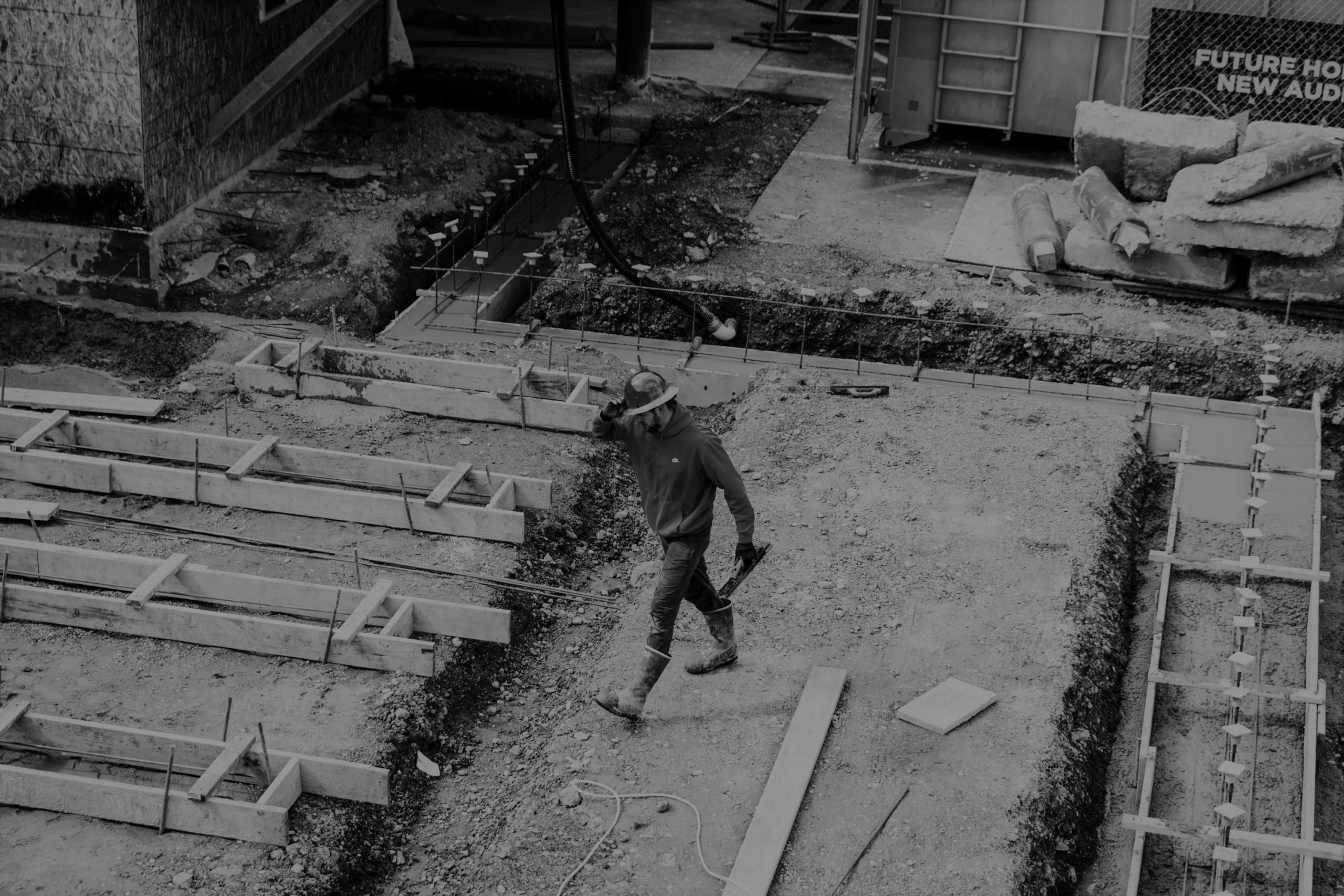Cautionary Tale For The New Jersey Home Improvement Contractor
Earlier this month, the Appellate Division, in the unpublished decision Chaykowski v. Marut, A-2901-10T2 (N.J. App. Div. September 7, 2012), upheld a substantial judgment entered by a trial court against a landscape contractor and one of its principals under New Jersey’s Consumer Fraud Act (the “NJCFA”). This case clearly illustrates the perils of a home improvement contractor’s failure to comply with the very specific home improvement regulations promulgated under the NJCFA.
In Chaykowski, the defendant landscape contractor entered into an oral contract with the plaintiff property owner to perform substantial exterior improvements to a several acre lot containing a main residence and a guest house, for the price of $750,000. Ultimately, based on invoices presented by the contractor, the property owner paid substantially more than the quoted $750,000, and when the contractor requested even more money to complete the job, the property owner terminated the contractor’s services.
Two years later, the property owner commenced an action against the contractor which included a claim that the contractor had violated the NJCFA by, among other things, failing to enter into a written contract containing certain enumerated provisions required by the regulations promulgated under the NJCFA for home improvement contracts in excess of $500. The trial court determined that the property owner had suffered compensatory damages in the total amount of $802,774, consisting of $366,307 to correct work improperly performed by the contractor, $245,000 to be incurred in completing the contractor’s work, and another $191,467 in overpayments above the quoted contract price. Because, however, the contractor had violated the Consumer Fraud Act, and the trial court determined that these compensatory damages resulted from the technical violation of the NJCFA in failing to have “a written agreement with a ‘clearly stated contract price,’ describing the work to be performed and the material to be used,” the court tripled the compensatory damage award. Thus, the trial court, as affirmed on appeal, added another $1,605,548 to the substantial actual damages incurred, resulting in a total damage award of $2,408,322. The trial court also added an award of attorneys’ fees, to which the property owner is entitled under the NJCFA, though the Appellate Division sent that award back to the trial court for findings on whether the fees and costs requested were reasonable.
The lesson from this case and others like it, which should be obvious, is that contractors performing home improvement work must ensure that they comply with the provisions of the NJCFA and its associated regulations. Even a technical violation of those provisions, such as failing to enter into the requisite written contract for the work, could result in a tripling of any damages suffered by the homeowner, an imposition of attorneys’ fees and costs incurred by the homeowner in prosecuting its NJCFA claim, and, critically, potential individual liability for any of the contractor’s principals who were directly involved in committing the NJCFA violation resulting in damages to the homeowner. What in this case would have been an $802,774 judgment against the contractor corporation absent the NJCFA violation, is instead a $2,408,322 judgment, plus substantial attorneys’ fees to be determined, against the contractor corporation and at least one of its principals individually. Big difference.
No aspect of this advertisement has been approved by the highest court in any state.
Results may vary depending on your particular facts and legal circumstances.
As the law continues to evolve on these matters, please note that this article is current as of date and time of publication and may not reflect subsequent developments. The content and interpretation of the issues addressed herein is subject to change. Cole Schotz P.C. disclaims any and all liability with respect to actions taken or not taken based on any or all of the contents of this publication to the fullest extent permitted by law. This is for general informational purposes and does not constitute legal advice or create an attorney-client relationship. Do not act or refrain from acting upon the information contained in this publication without obtaining legal, financial and tax advice. For further information, please do not hesitate to reach out to your firm contact or to any of the attorneys listed in this publication.
Join Our Mailing List
Stay up to date with the latest insights, events, and more





